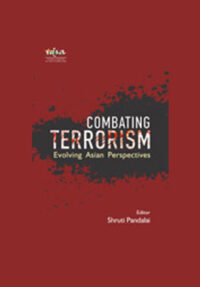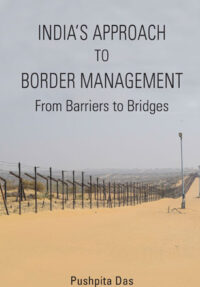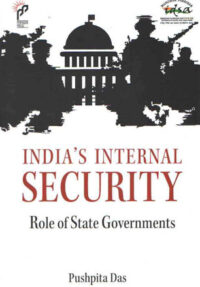Kashmir: The Problem, and the Way Forward
There is an overwhelming sense of déjà vu in Kashmir today. This could have been deemed tiresome but for the grave implications it has for us as a nation, and as a people. We are now used to long cycles of violence interspersed by political ennui or tokenism and the ubiquitous ‘economic package’ which only serves to open up newer avenues for corruption in a state orphaned by history and politics for over six decades.
- Wilson John
- March 2011









